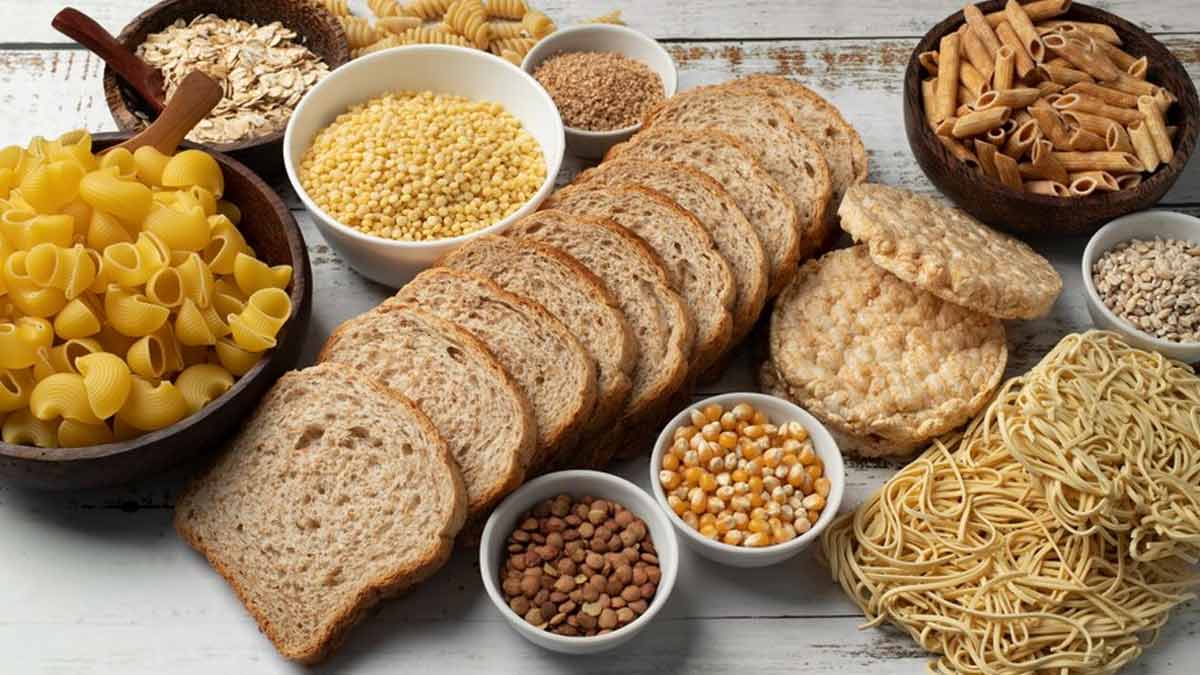Adopting a low-carb diet has become a popular strategy for those looking to lose weight or improve certain health markers. While this diet can offer benefits such as weight loss, improved blood sugar control, and decreased risk factors for heart disease, it’s important to approach it with balance and awareness of potential risks. When not carefully planned, a low-carb diet can lead to nutritional deficiencies and health issues. Here are some potential diseases and health complications that can arise from a poorly managed low-carb diet:
1. Nutritional Deficiencies
Low-carb diets often restrict or eliminate whole groups of foods, such as fruits, certain vegetables, and whole grains, which can lead to deficiencies in essential vitamins and minerals. Notably, deficiencies in vitamin C, potassium, magnesium, and some B vitamins could occur, impacting overall health and leading to conditions like scurvy, muscle cramps, and fatigue.
Also read: Rice Alternatives For People On A Low-Carb Diet Or Diabetics
2. Bone Health Issues
A diet low in carbohydrates may also be low in calcium and vitamin D, nutrients that are crucial for bone health. Over time, inadequate intake of these nutrients can lead to weakened bones, increasing the risk of osteoporosis and fractures.
3. Kidney Stones
A low-carb diet, particularly one high in animal protein and low in fiber, can increase the risk of kidney stones. A high intake of animal protein can increase calcium and uric acid excretion, leading to the formation of calcium and urate stones, respectively.
4. Constipation and Digestive Issues
Fibre plays an essential role in maintaining healthy digestion, and it’s primarily found in carbohydrate-rich foods like fruits, vegetables, and whole grains. A low intake of fiber can lead to constipation and other digestive issues. Over time, this can increase the risk of gastrointestinal disorders, including diverticulitis and intestinal cancer.
5. Increased Risk of Heart Disease
Although low-carb diets can improve certain risk factors for heart disease, such as weight loss and improved cholesterol levels, the type of fats and proteins chosen can have different effects. Diets high in saturated fats and processed meats, often consumed on some types of low-carb diets, can increase the risk of heart disease.

6. Potential Impact on Mental Health
Carbohydrates play a crucial role in producing serotonin, a neurotransmitter that contributes to feelings of well-being and happiness. Some people on low-carb diets may experience mood swings, depression, or anxiety due to altered serotonin levels.
7. Ketoacidosis
For individuals with type 1 diabetes and sometimes type 2 diabetes, extremely low carbohydrate intake can lead to a dangerous condition known as ketoacidosis. This occurs when the body accumulates too many ketones—acids produced as a byproduct of burning fat—and can be life-threatening if not treated.
Also read: Carb Cycling For Weight Loss: What Is It & How You Can Do It
While a low-carb diet can offer benefits for weight loss and metabolic health, it’s important to approach it with caution and ensure a well-rounded, nutritious diet. Adequate intake of vegetables, healthy fats, and proteins, along with careful monitoring of carbohydrate intake, can help mitigate the risks associated with a low-carb diet. It’s also crucial to consult with healthcare professionals before starting any significant dietary changes, especially for individuals with pre-existing health conditions.


You must be logged in to post a comment.